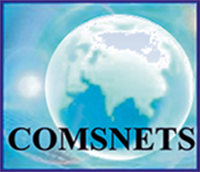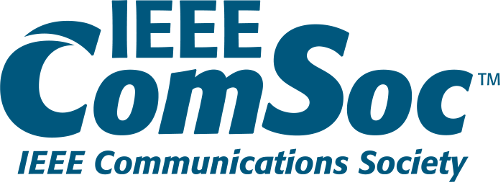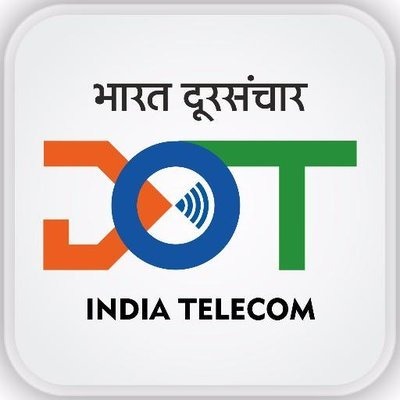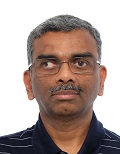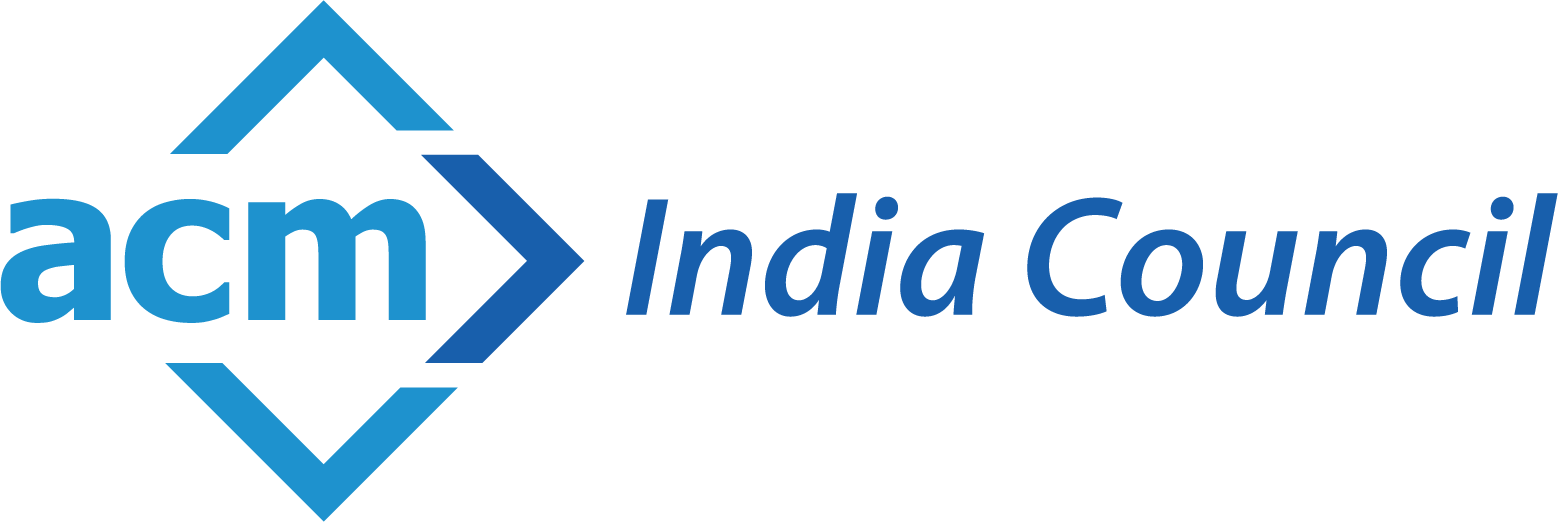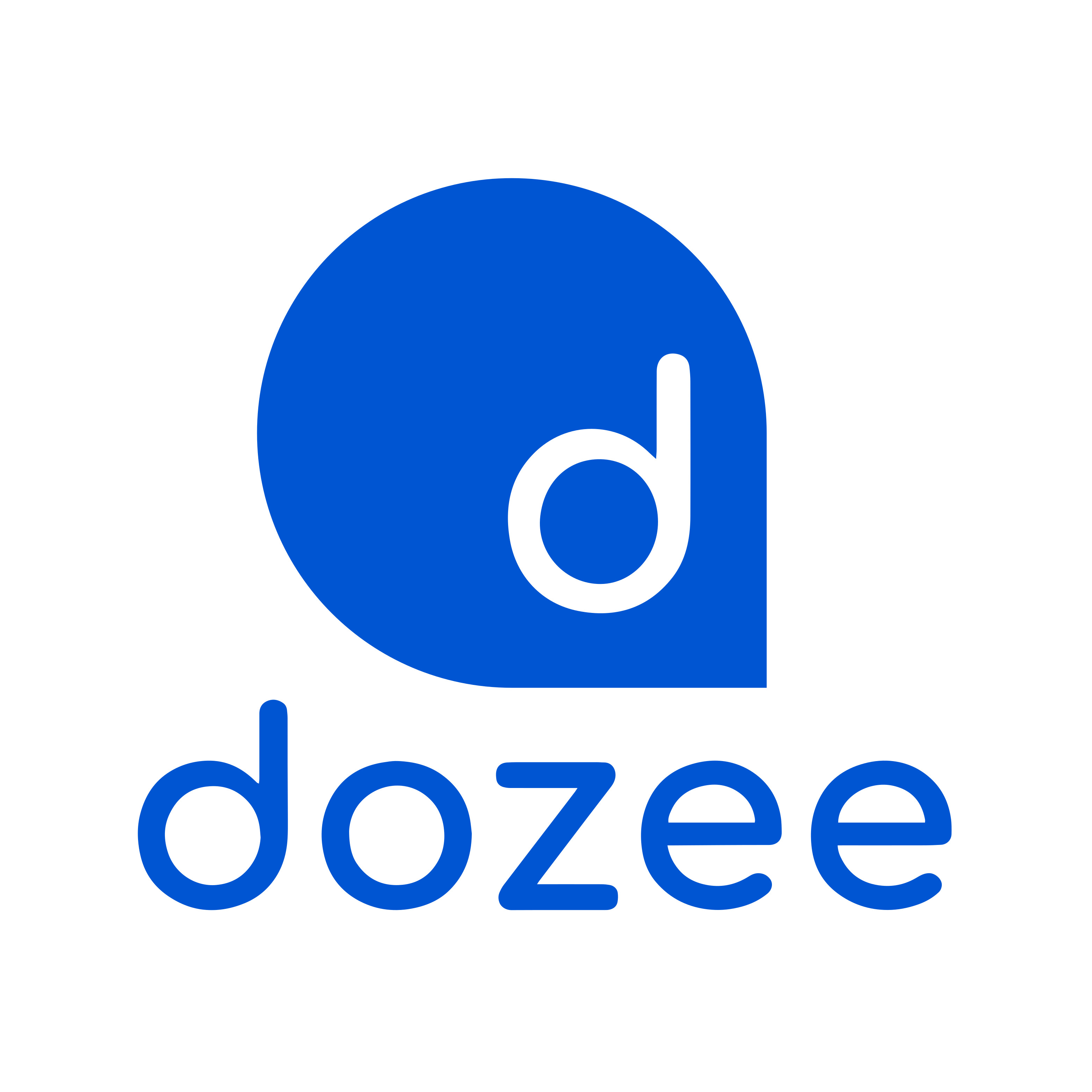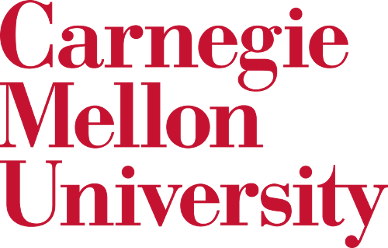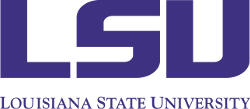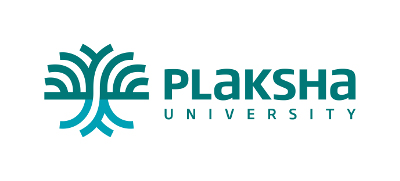Graduate Forum
Schedule
| 2.30 pm - 2.40 pm | COMSNETS 2023 Welcome Address | ||
| Grad-Forum Paper Session 1: 2.40 pm pm to 3:08 pm | |||
| 2.40 pm - 2.47 pm | Making Ductless-split Cooling Systems Energy Efficient using IoT | ||
| 2.47 pm - 2.54 pm | Finding Survivors in a Terrestrial Region: A Solution to the Unmanned Aerial Vehicle Trajectory Planning Problem | ||
| 2.54 pm - 3.01 pm | Online Learning Algorithms for Mobile Data Offloading | ||
| 3.01 pm - 3.08 pm | Energy Efficient Multiple Visible Light Communication Access Points (VAP) | ||
| Grad-Forum Paper Session 2: 3.10 pm pm to 3:38 pm | |||
| 3.10 pm - 3.17 pm | On the Principles of Distributed Sampling and Detection of Poisson Counting Processes | ||
| 3.17 pm - 3.24 pm | Semi-Global Circular Centrality to find Influential Spreaders | ||
| 3.24 pm - 3.31 pm | Opinion Differences in Social Networks: Are Opinions Too Far in Finite Time | ||
| 3.31 pm - 3.38 pm | Fixed Budget Beam Identification in Millimeter Wave Systems via Unimodal Bandits | ||
| 3.40 pm - 4.10 pm | Graduate Forum Invited Talk by Prof. Muppala on Agile Research | ||
| Grad-Forum Paper Session 3: 4.10 pm to 4:38 pm | |||
| 4.10 pm - 4.17 pm | Exploiting Drift Detection Techniques for Next Generation Radio Access Networks | ||
| 4.17 pm - 4.24 pm | Modulation Classification for NOMA Systems using a Modified Residual-CNN | ||
| 4.24 pm - 4.31 pm | CPRA: Co-operative Packet Routing Algorithm | ||
| 4.31 pm - 4.38 pm | VNFTestChain: Blockchain Based Test Framework for Trusted VNF Services in 5G and B5G | ||
| 4.40 pm - 4.50 pm | Closing Remarks | ||
Invited Speaker
Jogesh Muppala
Hong Kong University of Science and Technology, Hong KongVisit Homepage
A dynamic field like Computer Science has seen great advancements within a short span of time. The astounding pace of change within a single researcher’s lifetime makes it challenging to keep up with the advances in the field. Within the blink of an eye everything changes. In this context, how do we keep ourselves relevant in the field? A challenge can easily turn into a nightmare if we are not vigilant. That is the reason for the term “Agile Research”, borrowing from the software engineering field. We need to be ready to adapt to rapid changes, while remaining grounded with solid foundation. An open mind ready for new experiences while not being trapped in conservative thinking is essential to keep ourselves relevant. It is important never to be afraid of stumbling and failing along the way, as long as we keep the ultimate goal in mind. This talk is partly a reflection on my own experiences in the field over the past 40 years, having started when computers used to occupy entire buildings, to this day when we get the same computing power in the palm of our hand.
Jogesh Muppala received the Ph. D. degree in Electrical Engineering from Duke University, Durham, NC in 1991. He is currently an associate professor in the Department of Computer Science and Engineering, The Hong Kong University of Science and Technology, Clear Water Bay, Kowloon, Hong Kong. He was previously a Member of the Technical Staff at Software Productivity Consortium (Herndon, Virginia, USA) from 1991 to 1992, where he was involved in the development of modeling techniques for systems and software. While at Duke University, he participated in the development of two modeling tools, the Stochastic Petri Net Package (SPNP) and the symbolic Hierarchical Automated Reliability and Performance Evaluator (SHARPE), both of which are being used in several universities and industry in the USA. He was the program co-chair for the 1999 Pacific Rim International Symposium on Dependable Computing held in Hong Kong in December 1999. He also co-founded and organized The Asia-Pacific Workshop on Embedded System Education and Research. He has also served on program committees of many international conferences. He received the Excellence in Teaching Innovation Award 2007. He was also awarded the Teaching Excellence Appreciation Award by the Dean of Engineering, HKUST. Dr. Muppala is a Senior Member of IEEE, IEEE Computer Society and IEEE Communications Society, and a participating representative from HKUST with EDUCAUSE.
Presentation Instructions
The authors of the accepted papers need to prepare slides for 5 mins lightning talk followed by a Q&A of 2 mins. For those presenting virtually, separate instructions have been shared with them by email.Accepted Papers
- Making Ductless-split Cooling Systems Energy Efficient using IoT
Keshav Kaushik (BITS Pilani, India); Vinayak Naik (BITS Pilani, Goa, India) - On the Principles of Distributed Sampling and Detection of Poisson Counting Processes
Ralte Vanlalruata (IIT Kharagpur, India) - Exploiting Drift Detection Techniques for Next Generation Radio Access Networks
Gudepu Venkateswarlu (IIT Dharwad, India); Venkatarami Reddy Chintapalli (IIT Hyderabad, India); Luca Valcarenghi (Scuola Superiore Sant'Anna, Italy); Koteswararao Kondepu (Indian Institute of Technology Dharwad, India) - Finding Survivors in a Terrestrial Region: A Solution to the Unmanned Aerial Vehicle Trajectory Planning Problem
Santhosh Kumar K (National Institute of Technology Calicut, India); Arun Raj Kumar P (NIT Calicut, India) - Semi-Global Circular Centrality to find Influential Spreaders
Anju Bhuiya (NIT Durgapur, India); Koyena Chowdhury (National Institute of Technology Durgapur, India); Suman Nandi (NIT Durgapur, India); Animesh Dutta (National Institute of Technology Durgapur, India) - Online Learning Algorithms for Mobile Data Offloading
Sushma Moyya and Naveen Kolar Purushothama (Indian Institute of Technology Tirupati, India) - Opinion Differences in Social Networks: Are Opinions Too Far in Finite Time?
Sushmitha Shree S (IIT Madras, India); Avhishek Chatterjee and Krishna P Jagannathan (Indian Institute of Technology Madras, India) - Modulation Classification for NOMA Systems using a Modified Residual-CNN
Ashok Parmar (Sardar Vallabhbhai National Institute of Technology Surat, India); Kamal Manharlal Captain (Sardar Vallabhbhai National Institute of Technology, India) - CPRA: Co-operative Packet Routing Algorithm
Aniket Modi (IIT Delhi, India) - Fixed Budget Beam Identification in Millimeter Wave Systems via Unimodal Bandits
Debamita Ghosh (Indian Institute of Technology Bombay, India) - Energy Efficient Multiple Visible Light Communication Access Points (VAP)
Vishal Kumar (Delhi Technological University (DTU), India); Rohit Kumar (DTU Delhi, India) - VNFTestChain: Blockchain Based Test Framework for Trusted VNF Services in 5G and B5G
Panchanan Nath (Central Institute of Technology Kokrajhar, India); Pranav Kumar Singh (Indian Institute of Technology Guwahati & Central Institute of Technology Kokrajhar, India); Anshuman Kalla (Uka Tarsadia University (UTU), India); Maharaj Brahma (Central Institute of Technology Kokrajhar, India)
Authors of accepted Graduation Forum papers can register at the Student Registration rate.
Best Graduate Forum Paper Awards will be awarded based on the presentations by a panel of judges.
COMSNETS 2023 Graduate Forum is a supportive environment for students enrolled in graduate programs ( Master's & Ph.D. ) to showcase early-stage research in areas related to communications, systems, and networking at COMSNETS, the premier conference that brings together networking researchers from both academia and the industry. COMSNETS 2023 Graduate Forum will provide students with useful feedback on their current research as well as future research directions from experienced researchers, and the opportunity to interact with eminent researchers from both academia and industry. All submissions will receive detailed reviews from the review committee.
Accepted submissions will be published in the conference proceedings (unless the author requests otherwise).
The topics of interest for the Graduate Forum are in accordance with the main conference program. We will follow a single-blind review policy.
For any queries please contact us at comsnets.conference@gmail.com
Important Dates
| Paper Submission | |
| Notification of Acceptance | |
| Camera-ready Submission | |
| Event Date | 5th January 2023 |
Technical Program Committee:
- Sumitro Bhowmick, TCS Research, India
- Anirban Das, IIT Kharagpur, India
- Mallesham Dasari, CMU, USA
- Surjya Ghosh, BITS Pilani, Goa, India
- Gerhard Petrus Hancke, City University, HongKong
- Kwan Yeung Kester Lee, Lingnan University, HongKong
- Mukulika Maity, IIIT Delhi, India
- Abhijit Mondal, VDX.tv, India
- Soumajit Pramanik, IIT Bhilai, India
- Sreenivasan Ramasamy Ramamurthy, BowieState University, USA
- Dhinakaran Vinayagamurthy, IBM, Research, India
Graduate Forum Co-Chairs
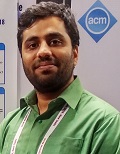
Soumyajit Chatterjee
Nokia Bell Labs Cambridge, UK

Connie Man-Ching YUEN
Hong Kong Shue Yan University, Hong Kong
